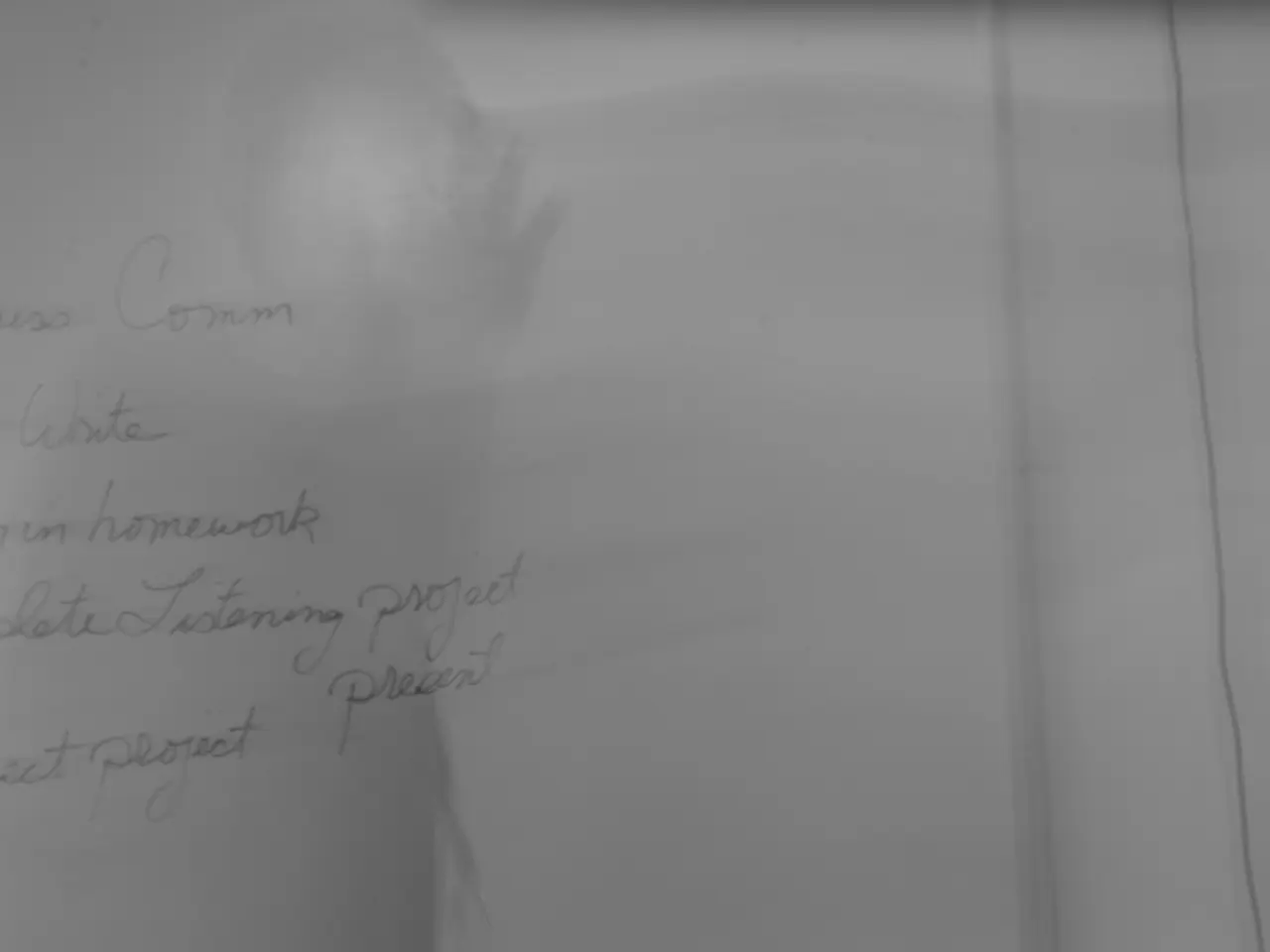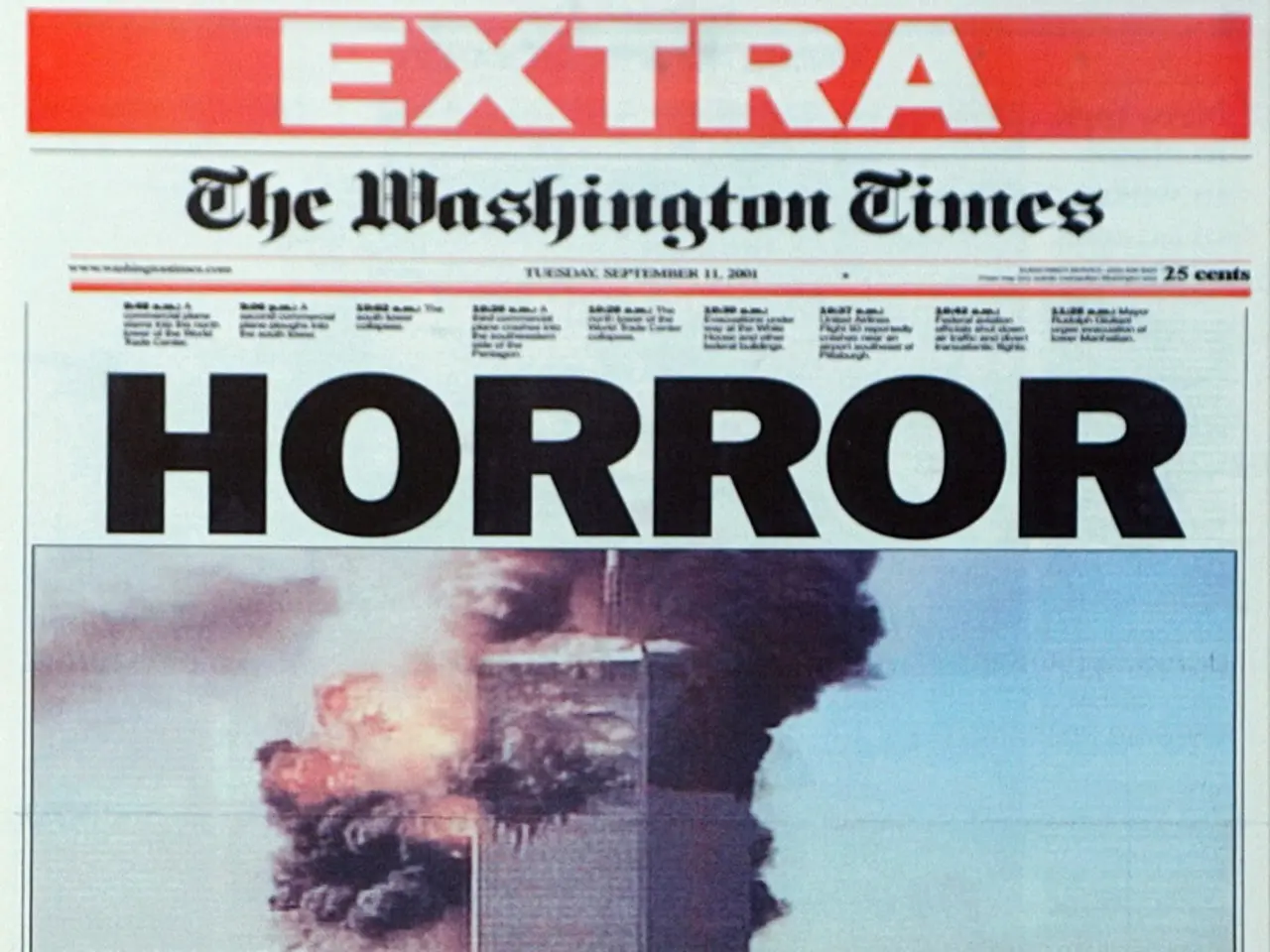United States Imposes Financial Restrictions on Palestinian Authority - US imposes financial restrictions on the Palestinian Authority
The United States has taken a significant step in its foreign policy by imposing sanctions on members of the Palestinian Authority (PA) and the Palestine Liberation Organization (PLO). These sanctions, primarily in the form of visa denials, effectively ban targeted individuals from entering the US.
The move comes as a response to the PA and PLO's failure to comply with commitments under two US laws—the PLO Commitments Compliance Act of 1989 (PLOCCA) and the Middle East Peace Commitments Act of 2002 (MEPCA). These acts require recognition of Israel's right to exist, acceptance of UN Security Council Resolutions 242 and 338, and abstention from terrorism.
The US has accused the PA and PLO of undermining peace efforts by seeking legal actions against Israel in international courts like the ICC, providing stipends to terror convicts and their families, and inciting violence, including in educational settings.
While specific individuals affected by these sanctions have not been publicly named, these measures could potentially impact senior PA and PLO officials. However, exceptions might be made for UN General Assembly participation due to international obligations.
The US State Department has emphasized that these sanctions are in the national security interest of the United States and are aimed at holding the PA and PLO accountable for actions perceived to hinder peace prospects.
The context of these sanctions includes recent international developments where some Western countries, such as France, have moved to recognize a Palestinian state, a process encouraged by Ramallah. The US sanctions presumably serve both as a punitive measure against the PA and PLO and a message to other governments supporting Palestinian state recognition.
The implications for international relations are far-reaching. Heightened tensions between the US and the Palestinian leadership could occur, potentially complicating matters at the upcoming UN General Assembly where Palestinian statehood recognition may be advanced. Strained relations with Western countries supporting Palestinian recognition are also a possibility.
The sanctions highlight the US administration's firm stance on Israel’s security and peace process conditions, potentially influencing diplomatic negotiations and regional dynamics in the Middle East.
References:
[1] The Washington Post. (2023, October 10). US imposes sanctions on Palestinian leaders over peace process violations. Retrieved from https://www.washingtonpost.com/world/2023/10/10/us-sanctions-palestinian-leaders/
[2] Al Jazeera. (2023, October 10). US imposes sanctions on Palestinian officials over peace process violations. Retrieved from https://www.aljazeera.com/news/2023/10/10/us-imposes-sanctions-on-palestinian-officials-over-peace-process-violations
[3] The New York Times. (2023, October 10). US Sanctions Palestinian Leaders Over Peace Process Violations. Retrieved from https://www.nytimes.com/2023/10/10/world/middleeast/us-sanctions-palestinian-leaders.html
[4] Reuters. (2023, October 10). U.S. imposes sanctions on Palestinian leaders over peace process violations. Retrieved from https://www.reuters.com/world/us/us-imposes-sanctions-palestinian-leaders-over-peace-process-violations-2023-10-10/
- In light of the US imposing sanctions on Palestinian leaders, there may be increased tensions between Eastern European countries, considering their historical involvement in war-and-conflicts, as some nations might find themselves grappling with their own policy-and-legislation regarding the Israeli-Palestinian conflict, leading to potential shifts in politics and general-news discourse.
- As the US pushes for accountability from the Palestinian Authority and the Palestine Liberation Organization with the implementation of sanctions,其他地区的 europan countries, some of which have had cooperation with the countries of Central and Eastern Europe in the past, could potentially review their own policies towards these entities, especially those concerning war-and-conflicts and peace efforts, opening new possibilities for cooperation with the countries of Eastern Europe during the current time of heightened international political tension and policy adjustments.








